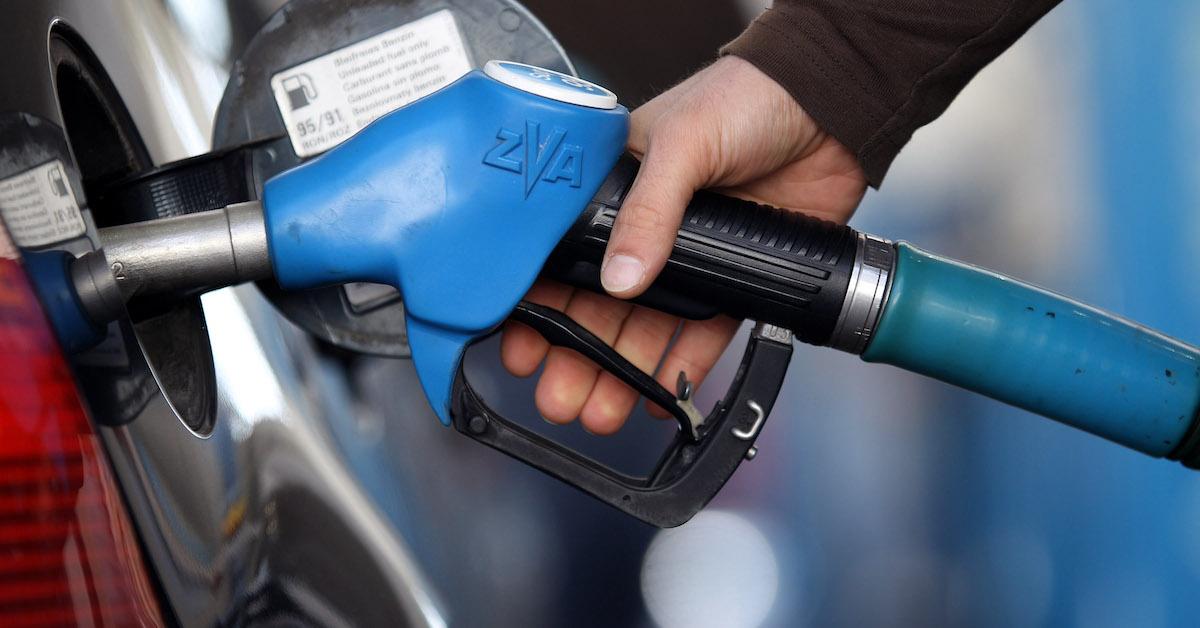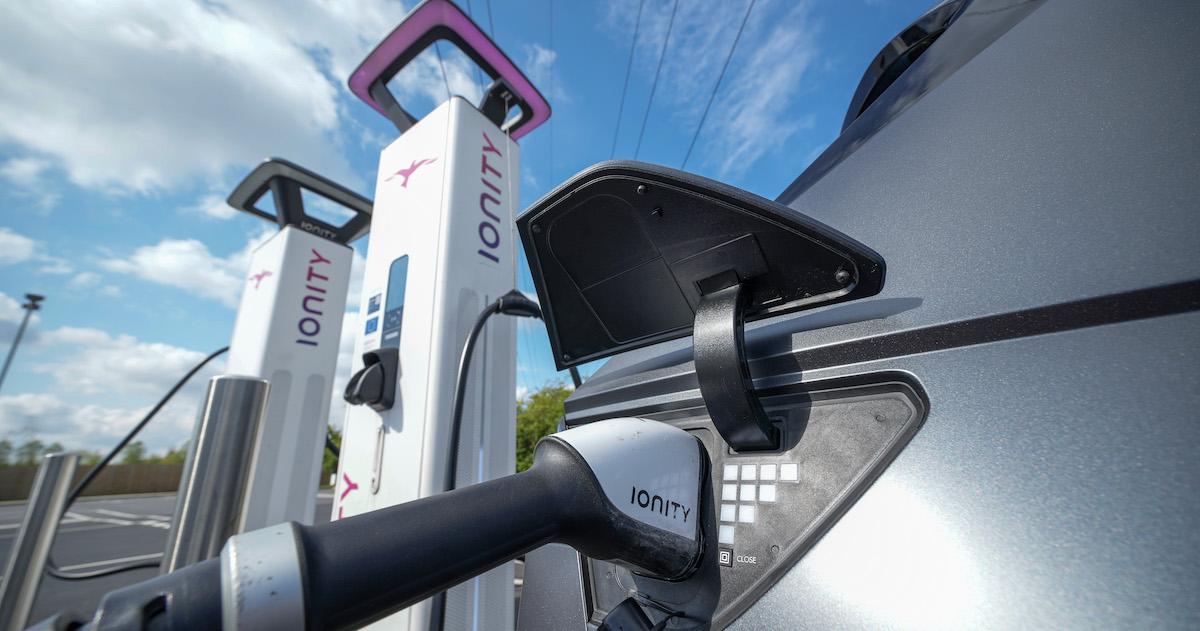The EU Passes Ban on New Gas-Powered Cars — What You Need to Know
Published Feb. 15 2023, 12:06 p.m. ET

Cars and traffic fill the A100 ring highway at dusk on Nov. 3, 2014 in Berlin, Germany.
If you live in the European Union and were planning to buy a new gas-powered car sometime in the next 12 years, you may want to get on that... but actually, please don't, because they are really bad for the environment.
EU lawmakers just passed a ban on new petrol cars starting in 2035, in an effort to reduce Europe's emissions and overall contribution to the climate crisis, as part of the "Fit for 55" package.
For all the details on how this ban will roll out and work, keep reading.

A man refuels his car on March 23, 2010 in Munich, Germany.
The EU is banning new petrol cars.
On Feb. 14, 2023, the European Parliament voted on new CO2 emissions reduction targets for vehicles.
A total of 340 Members of the European Parliament (MEPs) voted in favor of the targets, 279 voted against them, and 21 abstained from the vote, as detailed in a press release from the European Parliament. Thanks to that majority of yes votes, the MEPs passed the legislation. The most significant part of this the "revised CO2 emission performance standards for new cars and vans."
More specifically, the legislation bans the sale of new gas-powered (aka petrol-powered) passenger cars and "light commercial vehicles" starting in 2035. In the meantime, the EU is setting an emissions reduction target for 2030: to reduce emissions by 55 percent for cars and by 50 percent for vans.
Manufacturers producing less than 1,000 cars per year will be exempt from this, as well as the rest of the new legislation.
As Rapporteur Jan Huitema (Renew, NL) explained, the mission of this regulation is to encourage manufacturers to produce more zero- and low-emission vehicles, and therefore less petrol-powered vehicles.
"It contains an ambitious revision of the targets for 2030 and a zero-emission target for 2035, which is crucial to reach climate neutrality by 2050," Huitema said in a statement. "These targets create clarity for the car industry and stimulate innovation and investments for car manufacturers. Purchasing and driving zero-emission cars will become cheaper for consumers and a secondhand market will emerge more quickly. It makes sustainable driving accessible to everyone.”
The legislation will also support the development of new methodologies to analyze and report data on car-produced CO2 emissions; and adjusting the incentives for manufacturers that sell electric and hybrid vehicles, to meet news sales trends — and by 2030, the incentive will be withdrawn.
"Fit for 55" package
This piece of legislation was passed as part of the "Fit for 55" package.
According to the Council of the European Union, the package is a series of policy proposals to help the EU set and achieve climate goals.
The name Fit for 55 was chosen because the EU has a goal of reducing net greenhouse gas emissions by at least 55 percent by 2030.
The package sets out a "coherent and balanced framework" for attaining this — it aims to make sure this transition will be socially fair; maintain competition and innovation of automobile industries; and it "underpins the EU's position as leading the way in the global fight against climate change."

A Hyundai Ioniq battery electric vehicle charges at an Ionity GmbH electric car charging station at Skelton Lake motorway service area on April 26, 2022 in Leeds, England.
Bans on gas-powered cars are becoming more mainstream, as they can significantly help reduce CO2 emissions.
A few other places around the world have passed legislation that ensures similar bans on new gas-powered in the near future. For instance, in 2020, the U.K. announced that starting in 2030, the country will no longer allow the sale of gas cars; and in 2020, California passed legislation requiring that by 2035, all cars and trucks sold in the state must produce zero emissions.
According to the U.S. Environmental Protection Agency (EPA), electric vehicles have a significantly lower environmental impact than gas-powered cars. And a 2020 report published by Geotab found that replacing one gas car with an electric car could save over 40 tons of CO2 emissions.